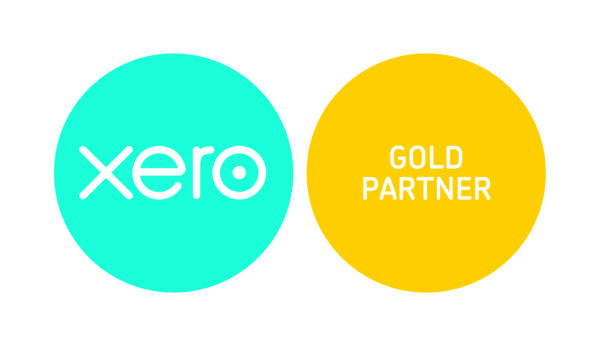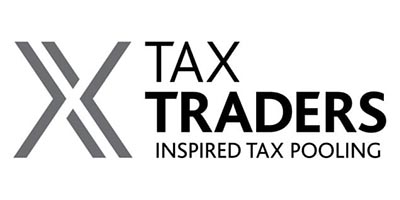About a decade ago, most of us were unaware of cryptocurrency and blockchain. However, the recent boom of utilising blockchain to develop various types of cryptocurrencies has gained much attention from institutional and retail investors. Since crypto-assets are considered a form of property, New Zealand tax residents are liable to pay income tax whether they buy, trade, sell, exchange, or even mine cryptocurrencies. The tax treatment depends on the use and attributes of the asset and not on what they are called. Here’s all you need to know about your tax obligations regarding cryptocurrency.
Cryptocurrency and Tax Residence
New Zealand tax residents are liable to pay tax on worldwide income, including crypto-assets earned from overseas transactions. However, if you are not a New Zealand tax resident, income from crypto-assets is only subject to NZ tax if it has been sourced in the country. New or returning (after ten years) tax residents are eligible for a 4-year temporary tax exemption on the income generated in foreign countries. It means if the crypto transaction has been made outside of New Zealand, the party is not liable to pay tax to Inland Revenue (IR).
Buying, Selling, Trading Cryptocurrencies
Disposals of cryptocurrencies are taxable under various tax rules. Traders and investors will be taxed on the profit that they make or be entitled to a loss if they:
- Trade with crypto-assets
- Acquire cryptocurrencies to dispose of them
- Continue investing in a profit-making scheme
Mining Cryptocurrencies
Mining crypto-assets is a technical method of creating new blocks and getting consensus into them. Well, we will not get into the technicality of mining; instead, we will try to see this from the taxation’s perspective. Mining is usually treated as:
- Ordinary income source
- A business
- A profit-making scheme
In most cases, the crypto-asset you earn from mining in the form of block rewards and transaction fees are taxable.
Exchange Business of Cryptocurrencies
Cryptocurrencies, security tokens, utility coins are different forms of crypto-assets, AKA digital assets. This asset class capitalises on cryptographic techniques to stimulate a form of commercial transactional exchange. Crypto-asset exchange firms typically possess different types of cryptocurrencies, security tokens, and other forms of crypto-assets for exchange and sale. Profits earned from selling or exchanging crypto-assets are referred to as business income, and therefore businesses involved in this sector are liable to pay tax.
Giving Crypto-Assets to Employees or Using Them for Business Transactions
Providing cryptocurrencies to employees fall under FBT (Fringe Benefit Tax) or PAYE (Pay-As-You-Earn Tax) category. Inland Revenue has already issued public rulings on different circumstances like paying cryptocurrency as salary, bonus, shares, etc. We recommend consulting with your crypto accountant in NZ to learn more about it. Accepting crypto-assets, on the other hand, is treated as receiving income. Therefore, the receiver will be responsible for dealing with the subsequent disposal of the currencies. For example, they can convert crypto-assets into fiat currency.
We hope that the post has helped you understand the basics of taxation on cryptocurrencies in New Zealand. But please note that this is not a recommendation to file the tax return on your own. Dealing with taxation is a bit complicated, especially for those who don’t belong to the finance background. Taking the wrong step while filing taxes may cause you big trouble. Therefore, consider hiring a crypto tax accountant in NZ when filing your return.
Elite Accounting is one of the most trusted CA firms in New Zealand, offering tax consultation, small business accounting, investment guidance, and other financial services to clients. Our experts also provide tax filing and consultation services on crypto-assets. So, contact us now if you deal with cryptocurrencies but are still not sure about your obligations. Let our comprehensive solution and expert guidance help you overcome all your crypto tax challenges.
Disclaimer: All views expressed within the article are the views of the author. Whilst all efforts are engaged in providing accurate, relevant and useful information, the information provided will vary in different circumstances and should be discussed further to be applicable to the individual. Elite Accounting Limited and its authors do not accept responsibility or any form of liability upon an individual’s application or reliance of its contents. All information and suggestions are intended to to be considered and/or applied carefully within your own circumstances, as general information only with an informative purpose.







